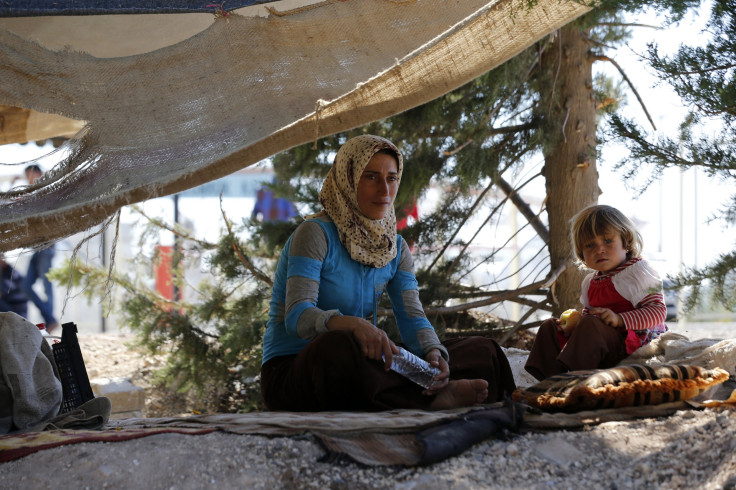Immigration Reform 2016: Can Migration Decrease Terrorism Threats, Attacks?

Many people in the months since the November terrorist attacks in Paris have rushed to blame immigrants for an increasingly dangerous world, but a new study indicates that that assessment of the situation may be a bit off base.
Researchers at Warwick University in Coventry, England, have found that not only does an increase in migration not increase the risk of terrorism in a destination country, it can actually decrease the number of attacks. Overall, the study found that immigrants tend to adopt host country customs and skills, decreasing the likelihood of terrorist attacks.
“Our findings shouldn’t be surprising. When migrants move from one country to another they take new skills, knowledge and perspectives. These stimulate technological innovation and diffusion of new ideas, and this in turn stimulates economic growth,” Vincenzo Bove, an associate professor at Warwick, said in a release announcing the findings. “If we subscribe to the belief that economic development is linked to a decrease in extremism, then we should expect an increase in migration to have a positive effect.”
The study did, however, find that migration from regions and countries that are prone to terrorism — like Pakistan, Morocco, the Western Sahara and Tunisia — might be linked to some terrorist attacks. The research also indicated that Finland, Sweden, Italy, Bolivia and Paraguay had low terrorist risk levels.
Soon after the November attacks, a reportedly fake Syrian passport was found next to the body of one of the suspected bombers, sparking a major backlash against what had already been identified as a growing refugee problem in Europe. Countries around the world, including those in Europe and the United States, quickly began considering and implementing stricter controls on admitting refugees from the Middle East. It was determined later, however, that none of the attackers were of non-European citizenry and that many of them were from Belgium.
© Copyright IBTimes 2025. All rights reserved.






















